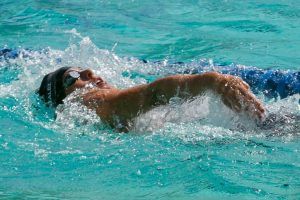
10 Motivational Swimming Quotes to Get You Fired Up
Looking for some awesome swim quotes? Give this list of motivational swimming quotes a look the next time you need to rock and roll in the pool.
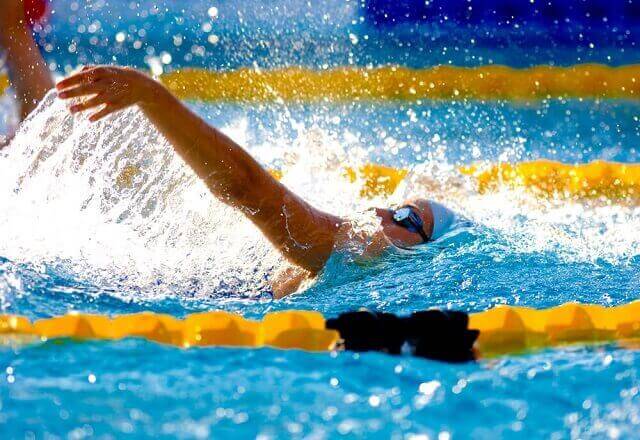
Being a more accountable swimmer in the water means more power and control over your performance. Here are 6 strategies to gain full accountability of your training and competition this season.
Those “I just don’t feel like training today” moments seems to happen a lot more at this time of year. With the days getting shorter, the nights getting longer, and the air growing chilly, swimmers from coast to coast are settling into the long fall and winter months of training.
Gone is the exuberance and confidence that comes with the beginning of a new season, new goals, and in comes the fall and winter with it’s meat-and-potatoes training that will set you up for the rest of the season.
At this point it can be harder to keep ourselves accountable to our swimming.
We swim for our teammates. We swim for our coach. We swim for our parents. Having those layers of accountability is powerful, but at the end of the day nothing will drive results quite like having complete accountability with yourself.
It’s your swimming, after all. Your goals.
As such, it’s on you to make the most of the training opportunities that you have given to you.
Here are 6 ways to hold yourself more accountable this season:
Showing up to the pool and going through the motions is easy. You get to have some social time with your friends on the walls between reps and sets, during dryland, and during kick sets.
But how hard are you actually working?
Simply attending practice doesn’t insure that you will improve or maximize your ability. Each and every time you exit the pool you should be ranking how you performed that day in the pool.
Having an accurate record of your attendance can be humbling at first.
While it might seem like you are *only* missing a couple workouts here and there, when you see them pile up in real time, on paper, right before your eyes, than you start to see how much untapped potential you are leaving behind.
I’ve seen a lot of coaches over the years keep attendance sheets pinned up on the team corkboard—if your coach doesn’t do this you can do it on your own at home in your training log.
Each week spend a couple minutes sitting down and looking over your week of training.
Where did you do well? What are the hang-ups that are causing you to have less than awesome workouts?
You should be regularly reviewing your performance in training in order to see where you are at with your goals.
You can power up this accountability tool by scheduling a check-in with your swim coach. You can do it each Saturday after your final practice of the week.
Sit down and hash over the week that was, and where you want to take things next week.
Like check-ins, an easy way to stay on top of your training is to set yourself weekly goals for your training.
Every Sunday night pull out your training log and write out what you want to accomplish that week. It could be hitting a particular number of workouts. A specific number of hours of sleep per night. Eating better.
Whatever it is that will positively impact your week of training the most.
Make them specific, so that as the week progresses you can get the satisfaction of crossing off (or using big greasy check marks) each little goal on your list.
I can almost always pinpoint the reason for why my workout goes south.
The main culprit over my training history for a bad workout, or for the “meh” feelings I have towards working out is a bad night of sleep (massive construction project going on right down the street from my house—blasting and all), or needing a rest day.
Instead of simply accepting that these feelings are going to happen, your training log provides you the ability to pinpoint the causes for why you feel that way, and more importantly, gives you the opportunity to make a change so that it doesn’t happen again.
Meaning you focus on getting to bed earlier. Or taking a day off from high intensity training to recover fully.
Be accountable to those moments where you feel like brushing off your training and own them.
Similarly to cracking down on the things that do not work in terms of helping you get your butt to the pool, what are the things that lend to great workouts?
You know those workouts—where you feel fantastic from warm-up to warm-down, where your stroke feels crisp and powerful, and where your training bests tumble before you.
Those breakout practices don’t have to happen irregularly and randomly—when they happen break down the circumstances that made them happen and replicate them moving forward.
If doing so meant that you had an extra amazing practice or two per week that would be more than worth the couple of moments it takes to review your excellent workouts.
The moment you decide to be more accountable to your swimming and to your goals in the pool is a liberating and powerful feeling.
Instead of allowing your performances and the way you feel about them to be subject to mysterious outside forces, you take back the power and control over your swimming.
All it takes is some regular assessment, capitalizing on your successes, learning from your stumbles, and taking the time to regularly review your training and competition.
Will you be the swimmer that is accountable to their performance in the water this season?
YourSwimBook is a log book and goal setting guide designed specifically for competitive swimmers. It includes a ten month log book,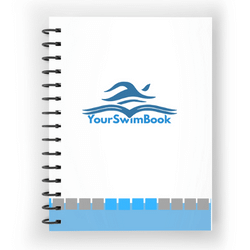
Learn 8 more reasons why this tool kicks butt now.
Join the YourSwimBook weekly newsletter and get motivational tips and more straight to your inbox. Sign up for free here.

Olivier Poirier-Leroy Olivier Poirier-Leroy is the founder of YourSwimLog.com. He is an author, former national level swimmer, two-time Olympic Trials qualifier, and swim coach.
✅ Free shipping on Orders over $49
✅ Price Match Guarantee
✅ Best selection of gear for training and competition
✅ Fast and Easy Returns

“This is the best book I have ever seen concerning mental training.” — Ray Benecki, Head Coach, The FISH Swim Team


Looking for some awesome swim quotes? Give this list of motivational swimming quotes a look the next time you need to rock and roll in the pool.
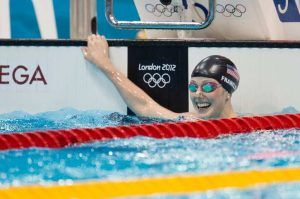
Missy Franklin’s book Relentless Spirit details the triumphs and tribulations on the path to becoming an Olympic champion. Here is a review of the book, along with key takeaways, quotes and highlights…
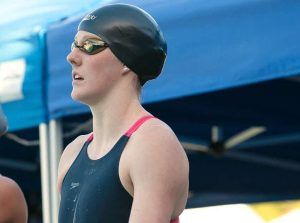
American swim star Missy Franklin captivated the world during her reign as one of the best swimmers on the planet. Here’s how she built her self-confidence going into big swim meets.
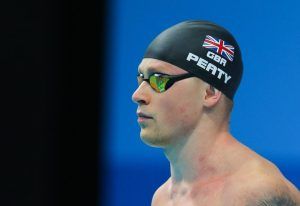
If you want to swim faster and maximize your preparation in the water, make sure you are focused on real solutions and not fake problems.
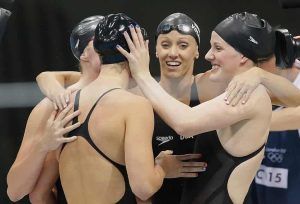
Ever wondered why some swimmers always swim ridiculously fast on relays? Here’s how the kind of motivation you use behind the blocks influences how you perform in the water.
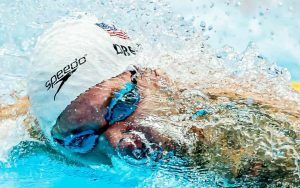
This is the ultimate guide for helping age group swimmers get highly motivated. You are going to learn about some proven techniques and tools that you can start using today to light your motivation on fire. (And keep it burning bright after that first burst of motivation fades away.) If
SITE
SHOP
GUIDES

LANE 6 PUBLISHING LLC © 2012-2025
Join 33,000+ swimmers and swim coaches learning what it takes to swim faster.
Technique tips, training research, mental training skills, and lessons and advice from the best swimmers and coaches on the planet.
No Spam, Ever. Unsubscribe anytime.
